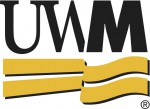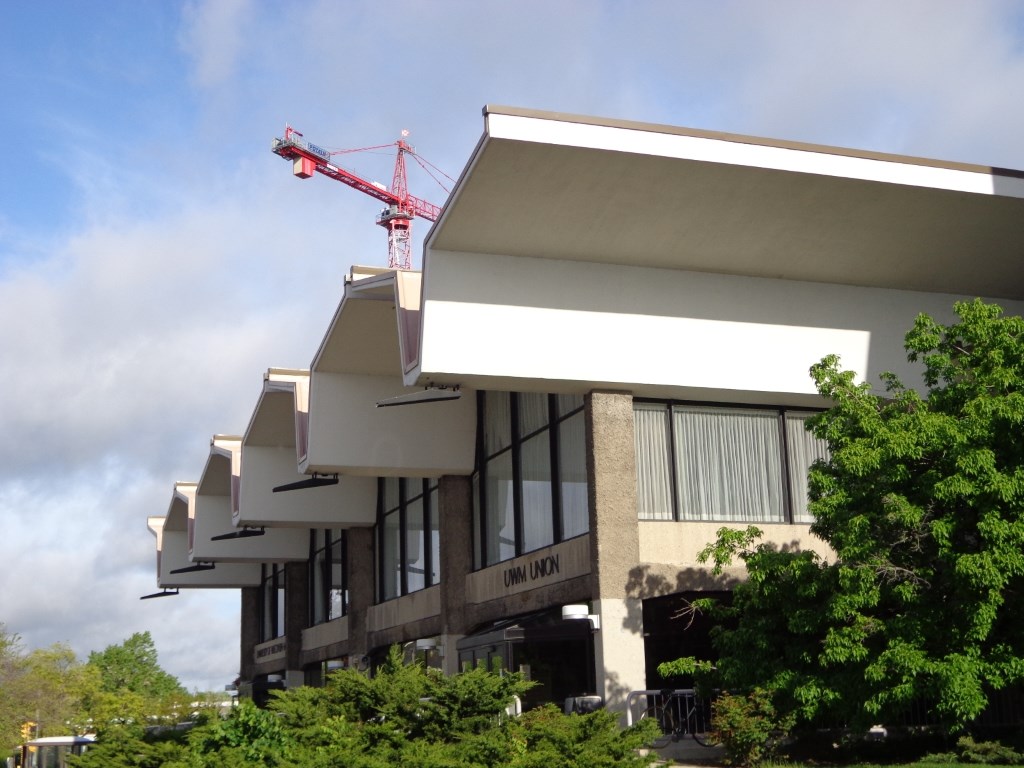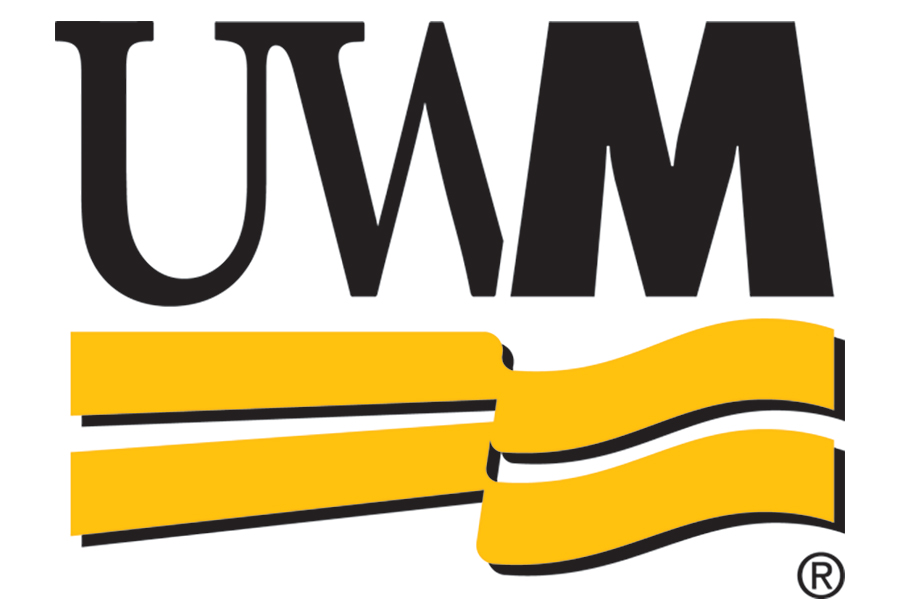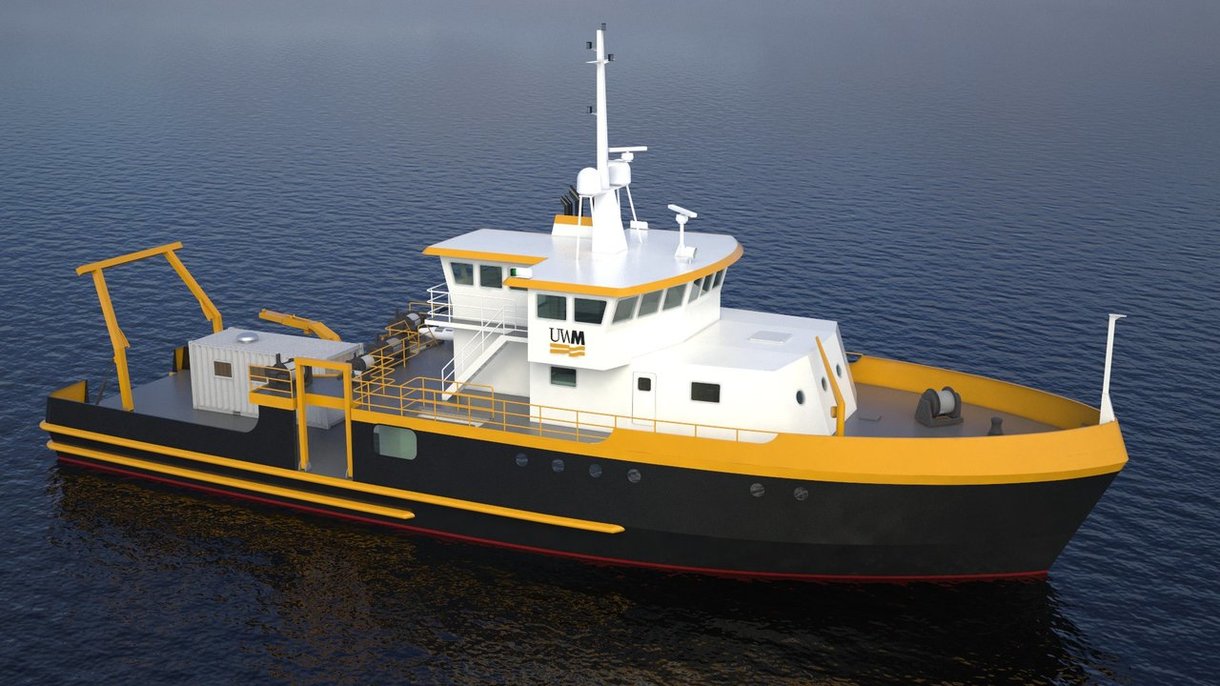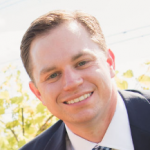UW-Milwaukee receives top research designation from Carnegie
The need and desire for a major research institution to support and fuel the southeastern Wisconsin was made clear in the 1986 community-based report.
MILWAUKEE _ The University of Wisconsin-Milwaukee has been elevated to top research status by the Carnegie Classification of Institutions of Higher Education, the gold standard for assessment.
The “highest research activity” designation was given to only 115 of the 4,665 universities evaluated this year. In Wisconsin, only UWM and UW-Madison received the classification, often referred to as R1.
UWM was previously ranked one tier below, as an R2 doctoral university. Chancellor Mark Mone and faculty members celebrated its upgrade.
“The national elevation of UWM among doctoral research universities with the highest research activity confirms what we have long known about the importance and impact of UWM’s research mission,” Mone said. “This is thrilling and gratifying and validation of the remarkable impact of UWM’s faculty, staff and students.”
First published in 1973, the Carnegie Classification is released every five years. The 2015 list, issued last week, was done by Indiana University Bloomington’s Center for Postsecondary Research.
The need and desire for a major research institution to support and fuel the southeastern Wisconsin was made clear in the 1986 community-based report “UWM & the Future of Metropolitan Milwaukee,” said David Petering, university distinguished professor of chemistry and biochemistry. He described UWM’s elevation to the top tier of research universities as “a remarkable achievement symbolic of decades of collective research and creative work and academic program building by past and current stellar faculty.”
Mark Harris, interim vice provost for research, said UWM’s climb reflects an intentional effort that dates back to the 1960s, when the administration began building doctoral departments as “an implicit commitment to research quality.”
“So, even from the start, they were thinking ahead to what kind of university Milwaukee needed,” Harris said.
“When I think of the last 20 years at the university, we have brought in a lot of good young faculty who have been active researchers,” he continued. “And we’ve supplemented that with some investments on the behalf of the university to help them really develop their research.
Physicist Xavier Siemens, a member of the Leonard E. Parker Center for Gravitation, Cosmology & Astrophysics, said one of his research projects is an example of a UWM investment that paid off handsomely.
“I heard about the North American Nanohertz Observatory for Gravitational Waves (NANOGrav), and while I didn’t know much about it, I thought it was a beautiful experiment, and I wanted to be part of it,” Siemens recalled.
He applied for a grant from the National Science Foundation, but was turned down because of he lacked expertise in the area. Then he applied for, and received, a Research Growth Initiative grant at which he used to develop his expertise relevant to NANOGrav
“It wasn’t a great deal of money, but it made it possible for me to hire a grad student, travel to conferences, and attract others to UWM to work on this project,” Siemens said. “Now, eight years later, I’m the principal investigator of the NANOGrav Physics Frontiers Center, a grant that funds most NANOGrav collaboration members in the U.S. That — going from knowing little about the project, to being the PI of a $14.5 million grant from NSF — was enabled by UWM support.”
Petering stressed that research benefits students at all levels of education, and it gives the university the tools to aid the community. The Carnegie Classification reflects the importance of research and its central role in higher education.
“This enhances the recognition of the education that undergraduate and graduate students receive at our institution,’” Petering said. “It confirms that UWM offers Milwaukee and the state great intellectual resources in support of Wisconsin’s continuing development.”
Marija Gajdardziska-Josifovska, dean of The Graduate School, said the new designation “brings us to the top” and will be a benefit in attracting graduate students and faculty members.
“Also, in terms of recruiting faculty, it will be reassuring to people who’ve heard some discouraging news about tenure and some other things that have been happening in the state,” she said.
Gajdardziska-Josifovska recently completed a geographical analysis of 2010 Carnegie rankings, which showed that Wisconsin was underrepresented in the Tier 1 category.
“I just finished a position paper saying we need to be a state with at least two research universities, and that UW-Milwaukee gives us the only opportunity to achieve that,” she said. “So, this is like a wish come true.”
About UWM
As Wisconsin’s only public urban research university, UW-Milwaukee has established an international reputation for excellence in research, community engagement, teaching and entrepreneurism. On a budget of $667 million, UW-Milwaukee educates more than 27,000 students and is an engine for innovation in southeastern Wisconsin. Its economic impact is more than $1.5 billion per year in Wisconsin alone. The Princeton Review named UWM a “2016 Best Midwestern” university based on overall academic excellence and student reviews.
NOTE: This press release was submitted to Urban Milwaukee and was not written by an Urban Milwaukee writer. It has not been verified for its accuracy or completeness.

